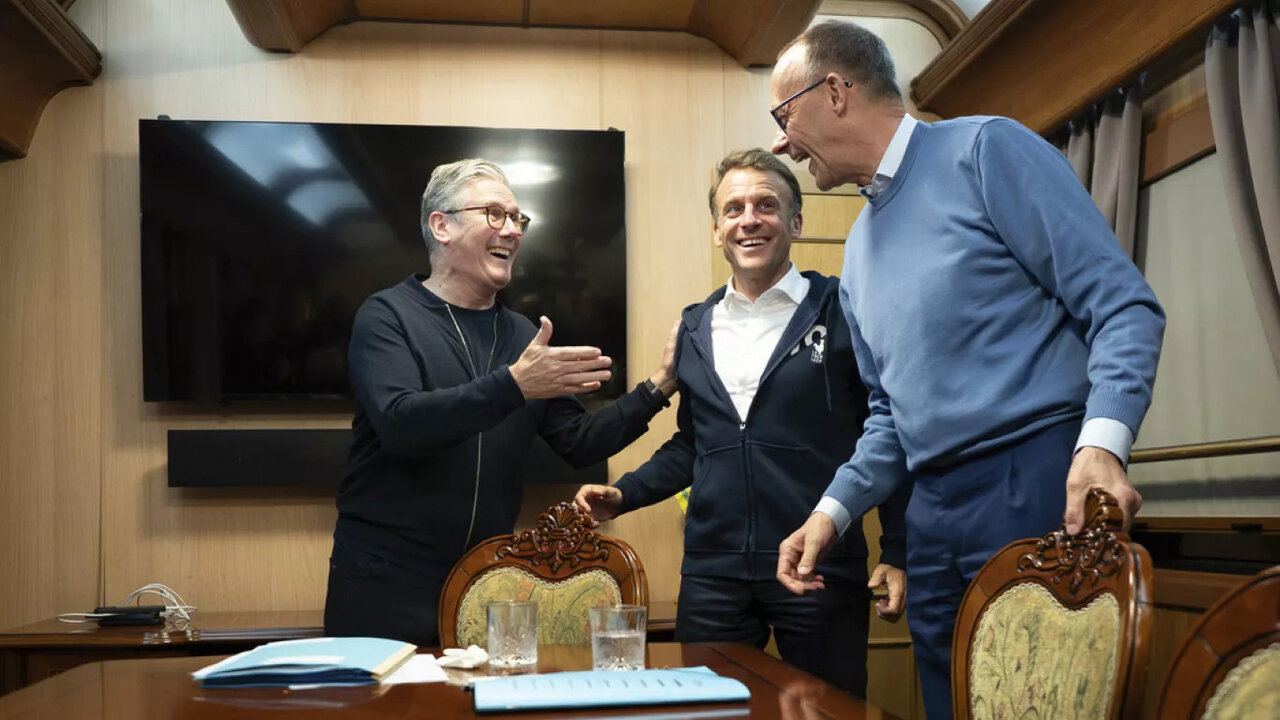Tehran condemns EU's ‘abuse’ of JCPOA snapback, offers path to revive nuclear diplomacy

TEHRAN – Iranian Foreign Minister Abbas Araghchi issued a warning to European powers on Sunday, stating that any misuse of the Joint Comprehensive Plan of Action (JCPOA)’s snapback mechanism would lead to the “end of Europe’s role in the agreement” and “irreversible tensions.”
In an X post originally posted in French as part of a broader op-ed for Le Point, Araghchi emphasized Tehran’s readiness to “turn the page” on strained relations but stressed that European partners must reciprocate.
“We have officially warned all JCPOA signatories that any abuse of the snapback mechanism would lead to consequences—not only ending Europe’s role in the deal, but potentially escalating tensions to a point of no return,” Araghchi wrote, criticizing the E3 (France, Germany, and the UK) for contributing to the diplomatic impasse.
He also stated that Iran had initiated preliminary talks with European deputy foreign ministers following consultations with Russia and China, calling it a “fragile yet promising” step. However, he cautioned, “Time is running fast,” urging Europe to act decisively to avoid further deterioration.
The warning comes against a backdrop of friction with France, whose Foreign Minister Jean-Noel Barrot recently accused Iran of being “on the cusp of developing a nuclear weapon” during a closed-door UN Security Council meeting on non-proliferation.
While Barrot “ruled out military action” and endorsed U.S.-led diplomatic efforts, he threatened that Europe would “not hesitate for a second” to trigger the snapback mechanism and reimpose sanctions if the JCPOA expires without guarantees for European security.
The mechanism, embedded in UN Resolution 2231, allows JCPOA signatories to automatically reinstate all pre-2015 UN sanctions on Iran if it breaches nuclear commitments.
From Tehran’s perspective, invoking the snapback mechanism is not only unjustified and illegal but a reckless political gambit that would entrench the E3 in direct opposition to Iran, extinguishing any remaining chances for diplomatic reconciliation.
Iran contends that Europe's readiness to trigger snapback—despite the U.S.’s withdrawal from the JCPOA in 2018—demonstrates bad faith and blatant disregard for Tehran’s compliance efforts.
Europe’s hostile acts: MEK, repression, and complicity in genocide
Europe’s recent policies toward Iran have drawn sharp condemnation for their glaring double standards, ranging from tacit support for anti-Iranian terrorist groups to the suppression of pro-Palestinian activism and enabling the Israeli regime’s genocidal war on Gaza.
These actions, framed under the pretext of counterterrorism or upholding international law, suggest a systematic agenda against Tehran.
France's open endorsement of Mojahedin-e Khalq (MEK) rallies lays bare a brazen display of state-sponsored hypocrisy. By giving a platform to a group with a violent legacy of brutal assassinations and collusion with Saddam Hussein during the Iran-Iraq War, France not only legitimizes extremist agendas but also undermines its claimed commitment to human rights.
Despite its violent history, the MEK has been permitted to operate freely in France, holding high-profile events advocating “regime change” in Iran. Tehran has repeatedly condemned Paris for harboring terrorists while simultaneously prosecuting Iranian activists under draconian counterterrorism laws.
This double standard is further exemplified by France’s crackdown on Iranian dissidents advocating Palestinian rights.
Shahin Hazamy, a French-Iranian journalist, became the third Iranian citizen detained in 18 months after documenting Israeli atrocities in Gaza. His arrest in April involved a violent raid by masked security forces who ransacked his home and seized him without explanation.
Hazamy had faced judicial harassment since his viral video of a Palestinian mother holding her bloodied child at a Paris rally drew 50 million views, exposing France’s complicity in silencing Gaza solidarity.
Europe’s complicity in the Israeli regime’s war crimes extends to its continued arms sales to Tel Aviv. Despite Germany’s pause in approving “war weapons” exports to Israel in 2024 due to legal challenges, prior approvals totaling €326.5 million in military equipment, including components for tanks and ammunition, have fueled Israel’s devastation of Gaza.
According to SIPRI, German arms exports to Israel, including frigates and torpedoes, accounted for 30% of Israel’s major arms imports between 2019 and 2023.
Leave a Comment